Parkinson's Disease – belongs to dementia diseases. The name comes from the British physician James Parkinson. He was the first to recognize and describe the symptoms. This neurological disorder develops over many years; its initial symptoms are nonspecific.
Treatment methods are limited, but the search for the best therapy continues. The main symptoms of Parkinson's disease are disorders that limit the patient's mobility. Parkinson's disease affects adults and seniors. The first symptoms can manifest as early as the age of twenty.
Parkinson's disease is progressive, which means its development cannot be stopped, only delayed. It is associated with disorders of the extrapyramidal system responsible for controlling motor activity.
Dementia disorders are long-term and progressive syndromes. They are caused by brain disease when the essential cortical functions![]() of a person are damaged. Depending on the type of dementing disease, various positions – for example, thinking, memory, or spatial orientation – gradually deteriorate.
of a person are damaged. Depending on the type of dementing disease, various positions – for example, thinking, memory, or spatial orientation – gradually deteriorate.
Dementia most often affects older or older people. However, this type of disease has been appearing in younger people. The causes of dementia diseases vary, depending on the kind of disease. Dementia diseases include:

Treatment and prognosis depend on the origin of the disease entity. Mainly pharmacological treatment is used. The medications selected by the doctor are designed to improve the transmission of signals in the brain. It is crucial to educate the patient and his family – to prepare them for the consequences of the disease. People suffering from dementia syndromes need appropriate care and therapeutic support.
The causes of Parkinson's disease are still unknown in the scientific community. Experts are exploring the topic, wanting to know what affects these pathological changes in the brain. However, it is suspected that, as in other disease entities, both environmental and genetic factors![]() may be the cause. So the etiopathogenesis of this disease entity is multifactorial.
may be the cause. So the etiopathogenesis of this disease entity is multifactorial.
The pathogenesis involves the sinusoidal area and, later, the black matter. There is a death of neurons located in the black matter of the basal nuclei. The neurons are responsible for the production of dopamine – a neurotransmitter that plays a crucial role. Among other things – motor coordination and muscle tone.
In the later stages of the disease, pathological changes also extend to cortical areas. In addition, pathological protein structures called Lewy bodies are deposited inside the nerve cells occupied by the disease process. However, this is not a lesion characteristic only of Parkinson's disease.
As Parkinson's disease is progressive, the first symptoms are mild and difficult to identify. As the disease progresses, they progress and become more intense. The process is prolonged. However, an early enough diagnosis allows the rapid implementation of appropriate pharmacotherapy. Combined with rehabilitation, this allows the patient to slow down the course of the disease and maintain relative function for longer.

The first symptoms of Parkinson's disease may become apparent after age 20. They are nonspecific, but a good knowledge of the disease entity that is Parkinson's disease allows early detection. It is, therefore, worth keeping in mind not to underestimate the following symptoms:
Movement disorders may not yet manifest or have very low severity. Then, a general slowing down![]() affects both movement and thought processes. Therefore, the first speech problems may appear.
affects both movement and thought processes. Therefore, the first speech problems may appear.
A characteristic early symptom of Parkinson's disease is a disorder in writing![]() . Patients lose the ability to write, even though it does not cause them problems. Their handwriting could be more unclean and becomes increasingly illegible over time.
. Patients lose the ability to write, even though it does not cause them problems. Their handwriting could be more unclean and becomes increasingly illegible over time.
The first motor symptoms also involve tingling or slight tremors![]() in the limbs. Balance and coordination disorders may also occur, which are often underestimated. Patients may be called clumsy, but as this looks harmless, it can make diagnosis difficult.
in the limbs. Balance and coordination disorders may also occur, which are often underestimated. Patients may be called clumsy, but as this looks harmless, it can make diagnosis difficult.
Movement disorders often precede other symptoms, such as mood disorders![]() . Patients tend to become depressed before the first motor symptoms become apparent. Changes in personality – such as emotional shallowness – are also possible.
. Patients tend to become depressed before the first motor symptoms become apparent. Changes in personality – such as emotional shallowness – are also possible.
In addition to this, sleep disorders![]() may also appear at the beginning of the disease. Patients often wake up during the night or awaken too early. This causes excessive daytime sleepiness. Restless legs syndrome may also occur.
may also appear at the beginning of the disease. Patients often wake up during the night or awaken too early. This causes excessive daytime sleepiness. Restless legs syndrome may also occur.
The disease is often only diagnosed once it is well advanced. Over time, the symptoms become more severe. It can significantly affect the patient's daily functioning. The main symptoms of Parkinson's disease are disorders in the form of motor slowing. Also, resting tremors and increased muscle tension.
The main symptom is Parkinson's tremors![]() . Most often, the tremor involves the limbs – arms and legs. This prevents patients from moving, holding objects, walking, and other essential activities. Initially, the tremor appears only resting when patients do not perform any actions. Over time, the tremor can occur at any time, including during movement.
. Most often, the tremor involves the limbs – arms and legs. This prevents patients from moving, holding objects, walking, and other essential activities. Initially, the tremor appears only resting when patients do not perform any actions. Over time, the tremor can occur at any time, including during movement.
Another characteristic symptom is an apparent slowing of movement![]() . Patients need more time to perform various activities, even those that once caused them no problems. Patients are slower to dress, walk, and even speak more slowly.
. Patients need more time to perform various activities, even those that once caused them no problems. Patients are slower to dress, walk, and even speak more slowly.
They may also have trouble starting to move. Postural abnormalities![]() also appear, which are associated with difficulty maintaining balance. In the later stages of the disease, this can lead to dangerous falls.
also appear, which are associated with difficulty maintaining balance. In the later stages of the disease, this can lead to dangerous falls.
In Parkinson's disease, there is also increased muscle tension. Sudden stiffness![]() can be uncomfortable for patients. The spontaneous tightening of muscles causes pain and discomfort when moving. It most often occurs in the limbs but can also affect the neck, trunk, and face.
can be uncomfortable for patients. The spontaneous tightening of muscles causes pain and discomfort when moving. It most often occurs in the limbs but can also affect the neck, trunk, and face.
Other, less specific symptoms also include excessive drooling or dry mouth. Patients may have trouble maintaining a proper temperature and tend to sweat excessively. Sleep problems![]() can persist, causing insomnia as well as mood changes.
can persist, causing insomnia as well as mood changes.
Parkinson's disease can also cause memory impairment. And psychotic symptoms like hallucinations and delusions occur much less frequently and only in the advanced stages of the disease.
Parkinson's disease in its later stages has characteristic symptoms typical of this disease entity. However, similar symptoms can also appear in other conditions. Therefore, a set of symptoms called Parkinsonism![]() is included.
is included.
Parkinsonism includes symptoms such as tremors and slowed movements, balance disorders, muscle tension, and speech problems (slow, impoverished speech). Parkinsonism occurs in diseases in which the extrapyramidal system has been damaged.
The symptoms always predispose first to verify the possibility of Parkinson's disease. On the other hand, when a case of this disease is ruled out, other disease entities are taken into consideration. Similar symptoms may indicate other diseases, which are as follows:
The symptoms of Parkinsonism may be accompanied by additional symptoms specific to the disease entity. The causes of Parkinsonism can vary. The onset of this syndrome of symptoms can occur, for example, due to poisoning with toxic substances, after using certain medications, or during certain diseases.
Diagnosing Parkinson's disease can be very difficult. Especially in the early stages of the disease. It can also be confused with other neurological disorders or attribute the symptoms to old age. Once you notice the first symptoms, you should see a neurologist.
Laboratory tests cannot test Parkinson's disease. The diagnosis is often made through an in-depth psychological interview, analyzing the patient's situation. The patient's medical history and all signals that may indicate Parkinson's disease are taken into account – depending on the stage of the disease. Special attention is paid to the symptom complex of Parkinsonism.
Neurological examinations may also be carried out. These tests are helpful in diagnosis. Neuropsychological tests, genetic tests, positron emission tomography, and others can be carried out. With these, it is possible to describe the patient's situation and specific symptoms and reactions to the body.
On the other hand, the most pertinent test is the test with the administration of l******a![]() , which can confirm whether we are dealing with Parkinson's disease.
, which can confirm whether we are dealing with Parkinson's disease.

Unfortunately, there has been no drug or therapy invented that can stop the progression of Parkinson's disease. It is, therefore, impossible to cure Parkinson's disease completely. On the other hand, treatments are available to delay the progression of the disease.
Special treatment allows the patient to keep functioning as long as possible. Treatment of Parkinson's disease, therefore, focuses on alleviating and delaying symptoms. It helps to inhibit the processes occurring in the brain. The basis is the administration of L-dopa![]() , which is very effective for the first years of the disease.
, which is very effective for the first years of the disease.
Another treatment method involves implanting fetal brain tissue into patients with advanced Parkinson's disease. However, using cells derived from human fetuses for therapeutic purposes poses many ethical problems. Dopamine![]() hormone-related treatments are also possible. It involves stimulating dopamine receptors located on neurons in the brain.
hormone-related treatments are also possible. It involves stimulating dopamine receptors located on neurons in the brain.
But the progressive disappearance of the cells responsible for producing dopamine cannot be stopped, so that symptoms will progress over time. The most problematic is the treatment of Parkinson's disease in its advanced stage. At this stage, the patient may remain in severe immobility and have dyskinesias for most of the day. The duration of medication is also shortened, resulting in unpleasant discomfort.
However, with proper treatment, the disease will have a milder course. Also, symptoms can manifest at a very late age. Parkinson's sufferers can function to the best of their ability. Although they will need help, especially in the advanced stages of the disease.
News of Parkinson's disease is a challenging and upsetting moment for the patient and family. It means that the person with the illness must be cared for, which requires the proper knowledge.
People with Parkinson's disease are most often managed by partners, family members, or friends. Specialized help can also be hired if needed. In fact, in the initial stages, Parkinson's patients don't need much support and prefer to do most activities themselves.
In contrast, the late stages of Parkinson's disease require appropriate assistance. Caregivers should also receive proper support. Caring for a patient is a big responsibility affecting the quality of life.
Experts also recommend that caregivers not be overzealous. They should give the patient as much freedom as possible. Parkinson's patients should complete tasks and activities for as long as possible, even if they do so clumsily.
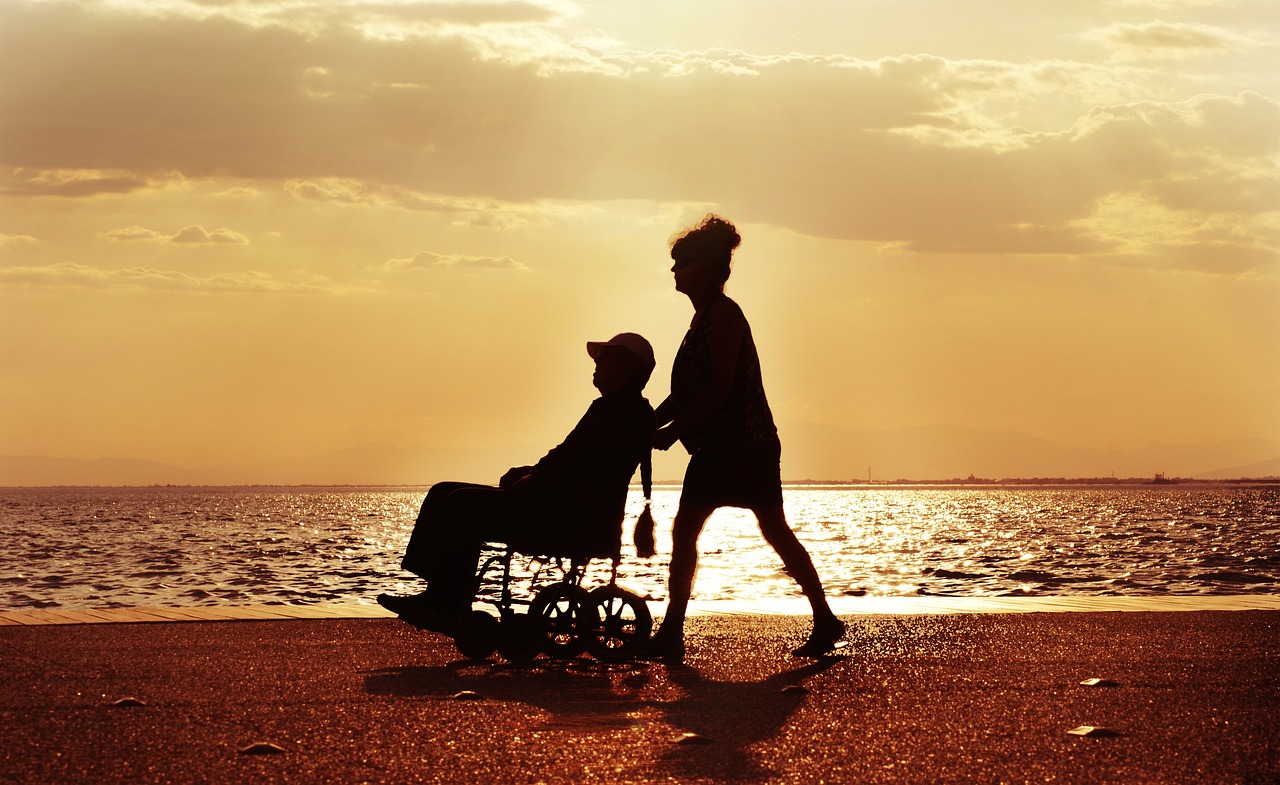
Parkinson's disease involves a process of neurodegeneration. It causes the death of nerve cells. This process is field and gradual, developing over many years. Initial symptoms are sometimes nonspecific, often underestimated, or confused with other diseases.
The first characteristic symptom is usually Parkinson's tremor or other symptoms from the Parkinsonism symptom complex. Parkinson's disease is incurable. There is no effective treatment that has yet been invented to stop the progression of the disease.
However, symptomatic treatment is available, which focuses on delaying and reducing the intensity of symptoms. As a result, patients can live normally with the disease for many years without significant inconveniences. Parkinson's patients should be under constant care, especially when the disease is advanced.
Table of Contents

Living with Lewy body dementia can be difficult. However, proper diagnosis, treatment and care can greatly improve a patient's quality… read more »
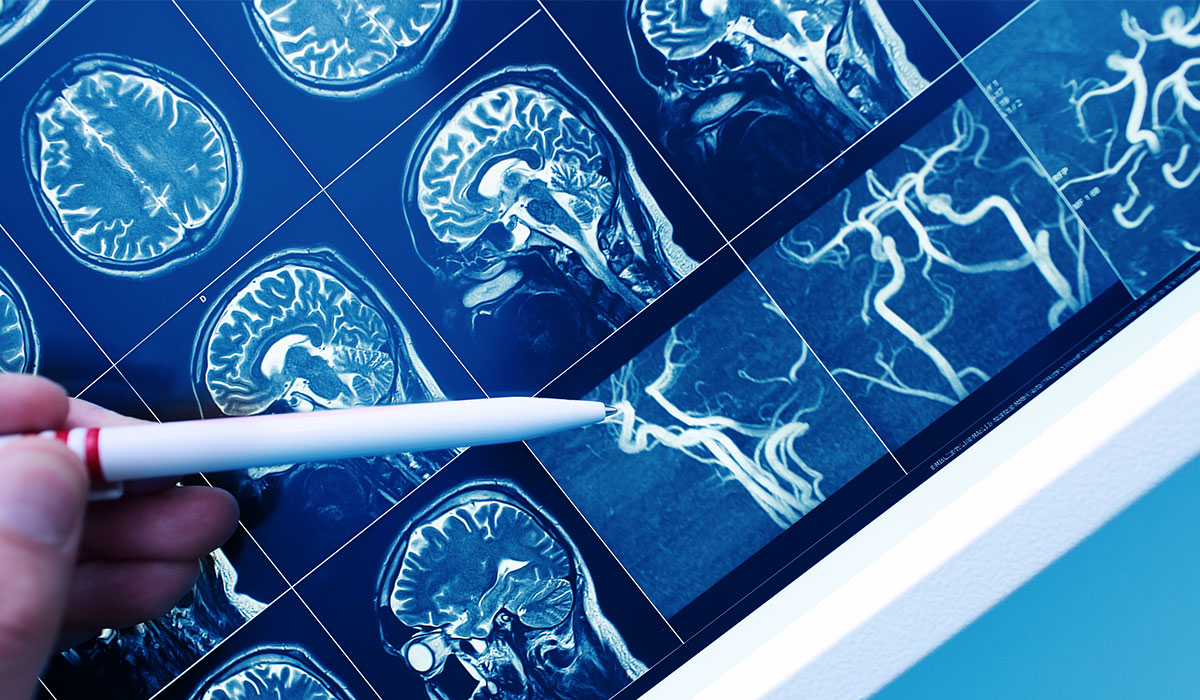
Vascular dementia can occur after a stroke or other incident. Learn the most important information to recognize early symptoms and… read more »
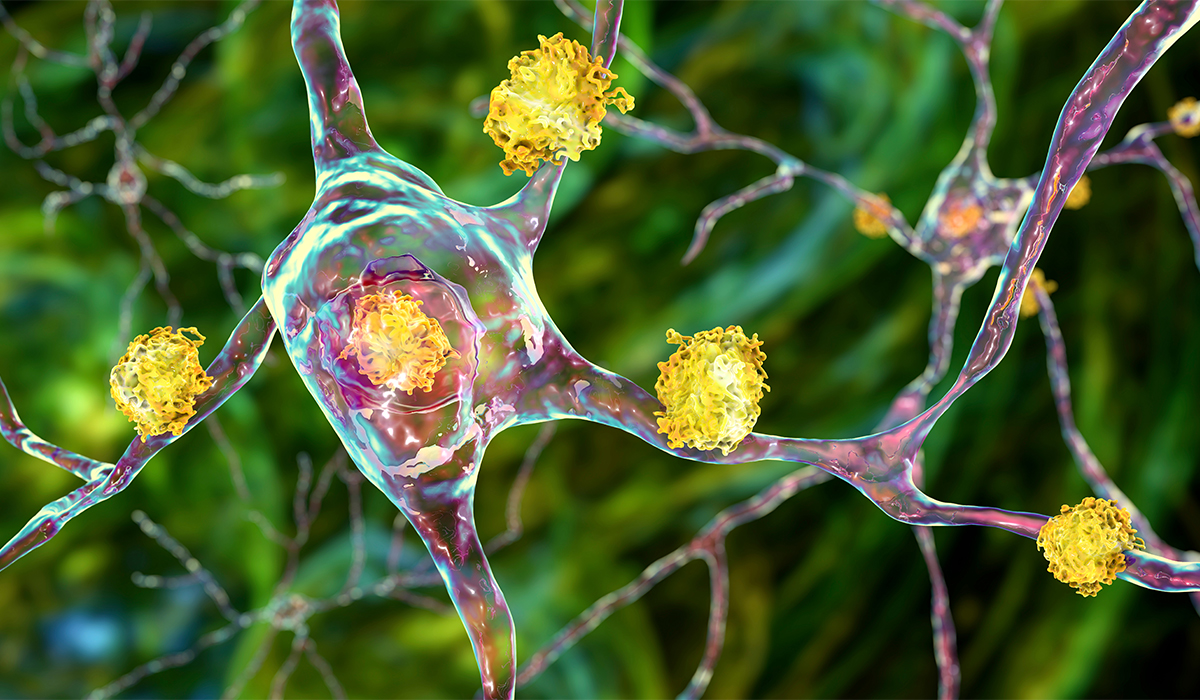
Huntington's disease is genetically determined. No effective cure has yet been developed, but research into modern treatments is ongoing. Learn… read more »

Alzheimer's disease is a chronic, progressive neurodegenerative brain disease that causes the loss of nerve cells. What symptoms does it… read more »
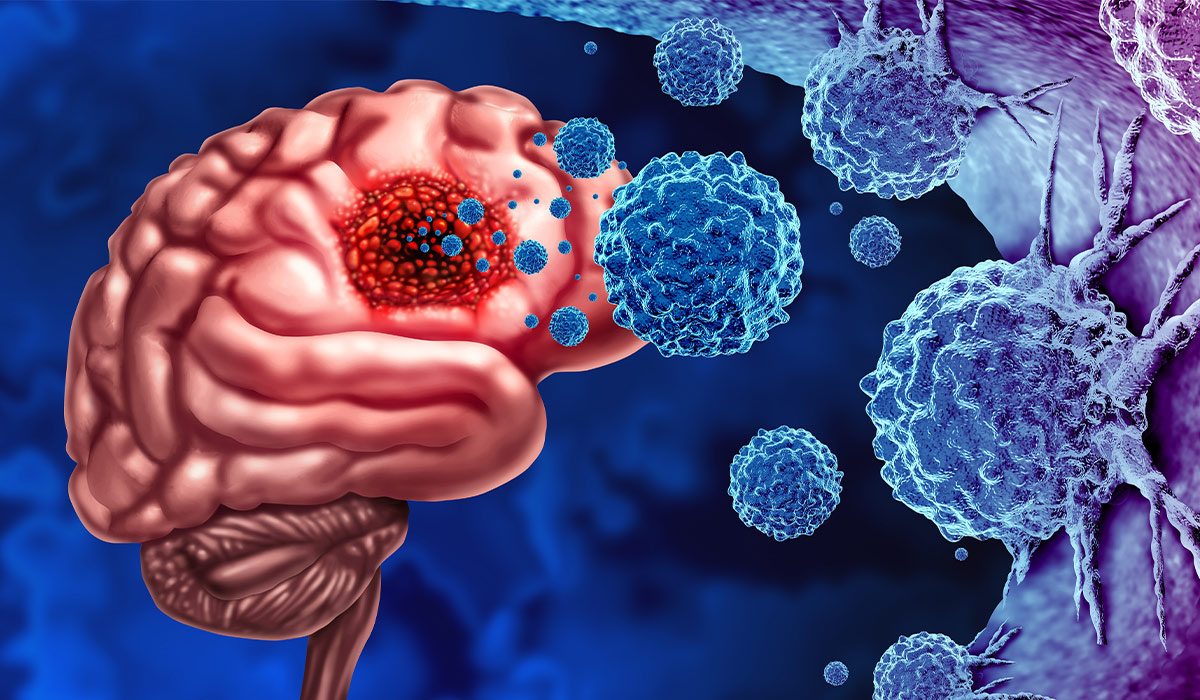
Glioblastoma is a brain cancer with a poor prognosis. Discover the first signs of the disease and the latest treatments.… read more »
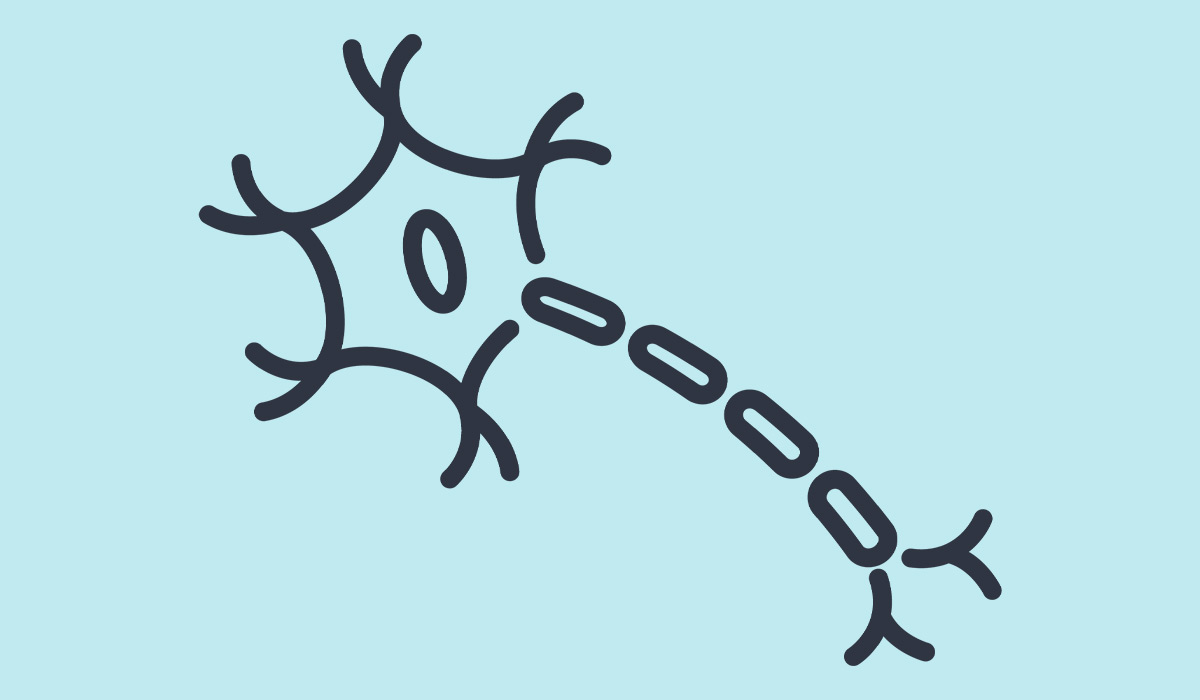
MSA is a neurodegenerative disorder that's very uncommon and is exceptionally difficult to treat. The disability of one of the… read more »

Delirium is an acute disorder of consciousness most often characterized by illusions, hallucinations and agitation. What are the causes of… read more »
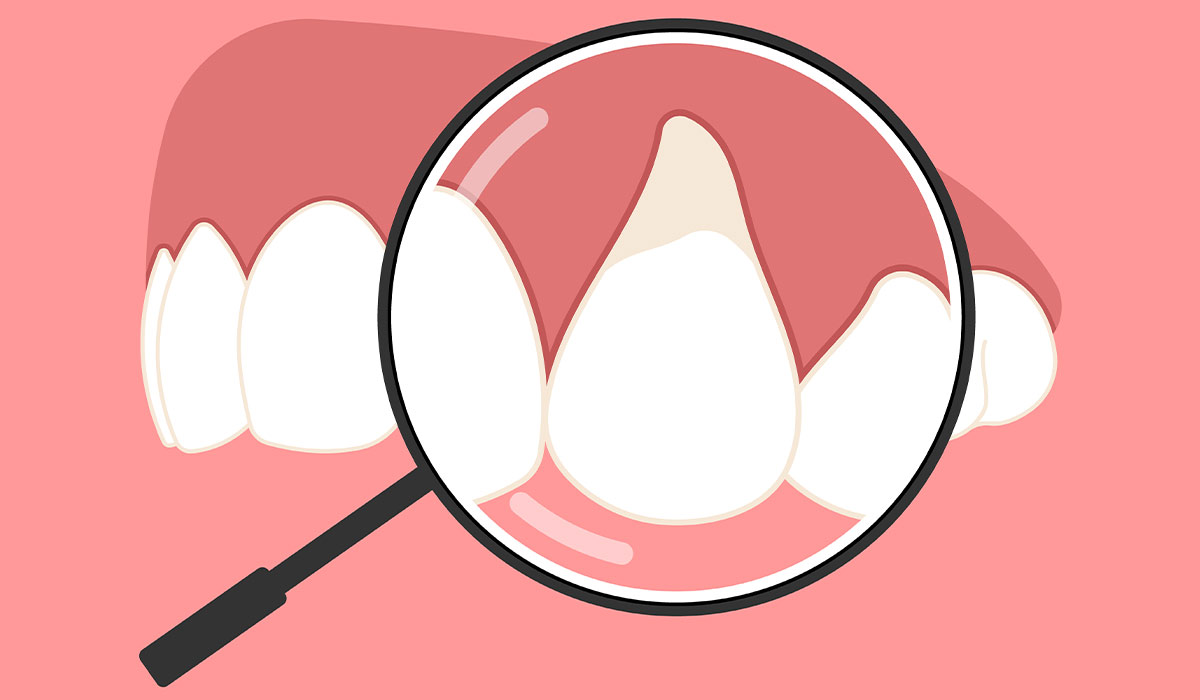
Periodontitis, or periodontal disease, is a serious gum disease caused by bacteria, leading to inflammation of soft tissues around your… read more »

Typhoid fever is a disease that is still a threat in some countries. Travellers are therefore at risk. Learn about… read more »